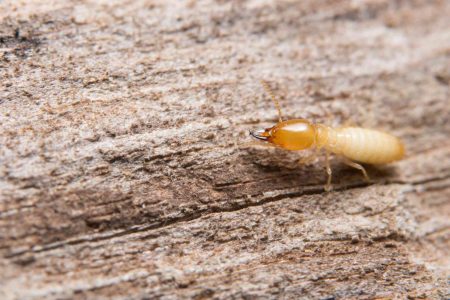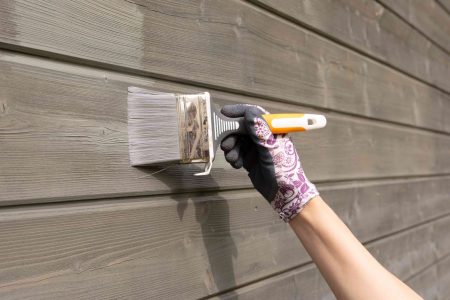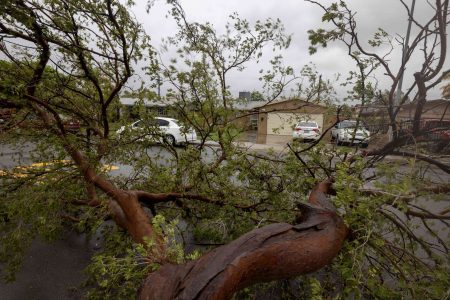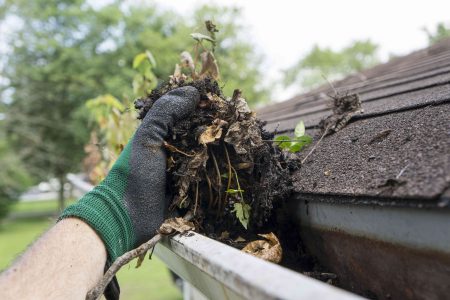Many homeowners cover their outdoor air conditioning unit in winter to protect it from wind, sleet, hail, and snow. But covering the AC unit may not be a necessary step to keep it in good condition, depending on where you live and the location of the unit.
So do you really need to cover your AC unit in winter? And what should you do if you haven’t covered it yet? We spoke to an HVAC pro to get the answers.
Meet the Expert
Steve Robbins is the owner and operator of Robbins Heating & Air Conditioning Inc.
Should You Cover Your AC Unit in Winter?
Many people believe that an AC unit needs to be covered during the winter to keep it safe, but Steve Robbins, owner and operator of Robbins Heating & Air Conditioning, disagrees.
“A cover isn’t always necessary,” he says. “AC units are designed to withstand winter conditions.”
In fact, Robbins says that covering the unit might even be worse than leaving it exposed.
“The key is finding the right balance between protection and ventilation,” he says.
Put simply, you can use a cover to protect the AC unit from ice, piled snow, leaves, and other debris, but it isn’t absolutely necessary. If you do choose to cover the AC unit in winter, then it’s equally important to ensure that the unit has adequate ventilation to prevent moisture from being trapped inside.
Want more home reno project tips and inspiration? Sign up for our free daily newsletter for the latest how-tos, reno guides, and more!
When Should You Cover Your AC Unit?
Covering the AC unit can be a good choice if it is close to any potential hazards, like falling icicles from above or blowing leaves on the ground.
“If you do choose to cover your unit, wait until after the first freeze when you’re certain you won’t need to run the AC again,” Robbins says.
You should invest in an appropriate air conditioner cover that is breathable to allow for proper air circulation. Using a tarp or a tight plastic cover can trap moisture, leading to an increased risk of rust, while creating a comfortable environment for squirrels, mice, and other small animals to nest.
Does Local Climate Impact AC Unit Coverage?
Generally, if you are going to cover the AC unit for the winter it should be done to protect the unit.
“The real threat isn’t cold or snow, but falling icicles, debris, or leaves that could get trapped inside the unit,” Robbing says.
This means that if you live in an area that doesn’t get much ice and snow, then a cover may not be needed. Similarly, if the yard doesn’t have any trees or large plants, then there is little risk of leaves and sticks being blown into the unit, so you won’t need to cover it.
However, if your home is located in a colder area of the country and the AC unit is surrounded by trees and other foliage, then a breathable cover is one of the best ways to keep the unit safe from falling icicles, build-up of snow, blowing leaves, sticks, and other debris.
Consider the average winter weather in your area and the proximity to vegetation before deciding to invest in an AC cover.
What Happens If the AC Unit Remains Uncovered?
Leaving your AC unit uncovered isn’t necessarily a bad thing, depending on where the air conditioner is located and the proximity of trees or other heavy vegetation.
“If you decide against covering your unit, just periodically check it during winter to remove any debris and ensure it’s not collecting leaves or becoming an animal shelter,” Robbins says. “These units are built to withstand outdoor conditions. The thing that matters most is proper maintenance and keeping them clear of debris.”
Read the full article here














